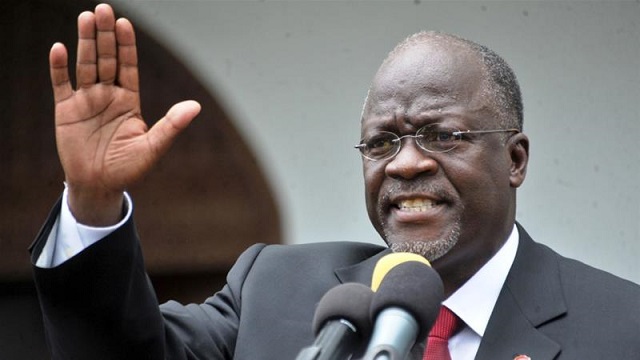Price shock absorber: Diversify exports through value addition: Chombo


Finance Minister Dr Ignatius Chombo stresses a point while UNECA Deputy Executive Secretary Giovanie Biha listens during a Press briefing at a Bulawayo hotel yesterday
Oliver Kazunga, Senior Business Reporter
FINANCE and Economic Development Minister Dr Ignatius Chombo has stressed the need for Zimbabwe and Southern Africa to diversify exports through value addition to reduce susceptibility to commodity price shocks.
Given the low level of industrialisation in the region, except South Africa, most regional countries rely on low-priced raw commodity exports with high import bills of finished products.
Through Zim-Asset, Zimbabwe is championing value addition and beneficiation of its resources as part of efforts to ensure trade becomes Zimbabwe’s engine for sustainable growth and development.
Officially opening the 23rd session of the Inter-governmental Committee of Experts (ICE) of Southern Africa in Bulawayo yesterday, Dr Chombo said:
“Guided by Zim-Asset, our vision is for trade to be the engine for sustainable growth and development taking into cognisance that our country alone is a small market offering limited opportunities for growth.
“It is against this background that efforts are being made to stimulate domestic production by various means including innovative models for intervention in agriculture and imports demand management through the Statutory Instruments 64 of 2016 to revive the local manufacturing sector particularly for exportable products.”
Dr Chombo said sustained growth of economies on the continent continued to be stifled by low commodity prices, among other factors.
“I strongly believe that the diversification of exports through value-addition is imperative and will reduce overall vulnerability to commodity price shocks,” he said.
Dr Chombo noted that although growth in emerging markets of Brazil, Russia, India, and China continues to drive commodities demand resulting in growth for Africa’s commodity dependent economies, it was imperative for the continent to diversify its sources of growth for sustainability.
The minister said the 23rd ICE Session was taking place in the midst of a challenging and unsustainable international economic and geopolitical environment that continues to undermine sustained growth of Africa in 2017 and beyond.
“Boosting intra-Africa trade by addressing the structural bottlenecks, including infrastructure and border formalities should be a priority as trade provides opportunities to expand production to satisfy the larger demand and allows countries to benefit from regional value chains,” he said.
The event, which ends today, is being held under the theme, “Trade Facilitation in Southern Africa: Bridging the Infrastructure Gap”.
Dr Chombo stressed the importance of infrastructure in facilitating trade and attracting foreign direct investment.
“Infrastructure contributes to the development of linkages, both upstream and downstream, as well as the development and sustainability of financial markets, which supports development. Our region suffers from a critical infrastructure deficiency particularly regarding access to electricity, transport, information and communication technology, water and sanitation and irrigation,” he said.
Dr Chombo pointed out that the Government saw it fit to establish a Joint Venture Act, which seeks to facilitate public-private partnership initiatives to address the country’s infrastructure gap.
On the soft infrastructure front, he said, Zimbabwe has embarked on a 100 day Rapid Results Approach to Ease the Doing Business environment through the removal of impediments to investment and trade.
“Zimbabwe is pursuing all forms of partnerships to share the burden of infrastructure development as a way of lowering the cost of doing business to promote industrialisation and trade and attract foreign direct investment,” said Dr Chombo. — @okazunga.









Comments